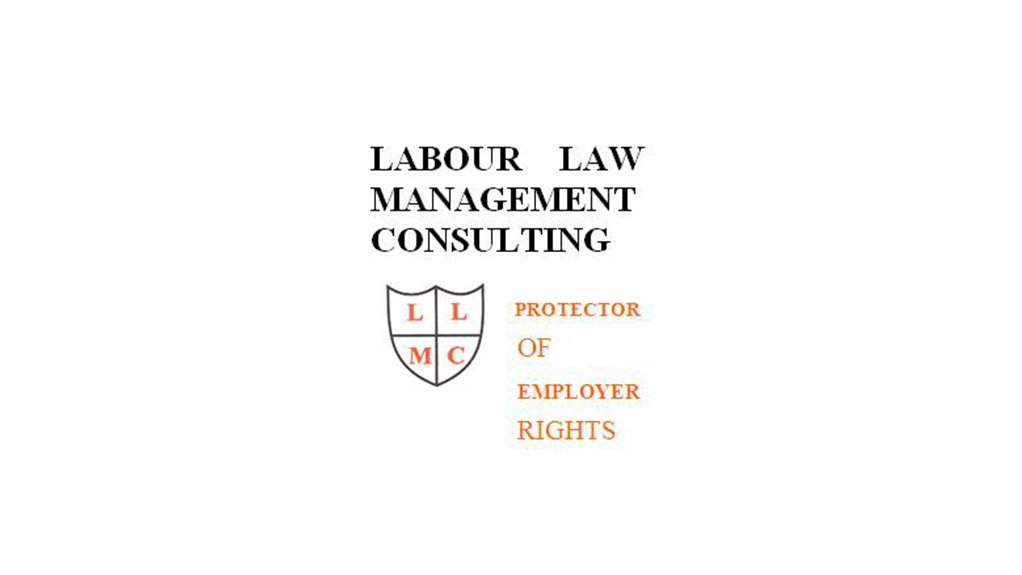There are several unfair methods that might be used at disciplinary hearings, appeal hearings and arbitration hearings. These unsavoury tactics include the falsification of documents, the influencing of witnesses, illegal entrapment, coercing employees to make admissions or confessions and tampering with audio and video tapes. It can also happen that the employer instructs the chairperson of a disciplinary hearing to dismiss the accused employee regardless of the evidence brought. It is even possible for a party to attempt to bribe or otherwise influence an arbitrator or presiding officer to make a decision contrary to the evidence.
Such methods might be used because there is a lot at stake. But this is obviously not a justification for dishonest practices. Last week we dealt with entrapment. Let us look at some of the other unfair tactics in more detail:
Falsification or Fabrication of Documents: This could take the form of an employee getting a medical certificate forged by the doctor’s assistant or from a business specialising in selling certificates. Or the accused employee might falsify a letter from a supplier stating that the missing cash refund had not been given to the employee. Another ploy that might be used is where an employer fabricating a letter from a client complaining that the employee was rude to the client.
Parties must be wary of these and other means of bringing false documentary evidence. At a hearing a party is entitled to question the validity of a document. If a competent witness is not present to validate the document and to be examined as to its genuineness the opposing party has a right to oppose the admissibility of the document. However, the presiding officer has the discretion to allow such documents in certain exceptional cases. Even where a witness to the document is produced the other party has the right to challenge that witness’s statements. For example, where the employee brings a doctor to the hearing to validate a doctor’s certificate the employer is entitled to question whether the witness is a qualified doctor or to point out that the medical certificate does not bear an official PR number (practice number).
Influencing of Witnesses: For example, a manager acting as a charging officer could use his authority to intimidate one of his/her employees into giving false testimony against the accused. Alternatively, the employee could offer a witness money in exchange for lying at the hearing. Such tactics are unacceptable.
Coercing Admissions and Confessions: The employer could threaten to hold back the employee’s pay unless he confesses to the misconduct. This is not only unfair, it is also dangerous because, if it comes out that the employer forced the confession, this taints the employer’s case.
Tampering with Taped Evidence: Either party could make deletions or additions to audio or video tapes relevant to the case. However, technical experts are able to pick up such tampering quite easily. For this reason parties are strongly advised not to try such tricks because they are likely to backfire badly.
Instructing a Chairperson to make a False Finding: For example, a senior manager might tell his subordinate who is chairing a hearing to ‘fire the accused come what may’. This is not only dishonest but will be detected and punished at the CCMA because the failure of the chairperson to link the dismissal decision logically to the evidence will be a dead giveaway.
Bribery of a Presiding Officer or Arbitrator: Such practices are highly illegal and, where detected, will nullify the presiding officer’s decision. While bribery itself is not always easy to prove, it is not difficult to prove that the presiding officer who allegedly took the bribe was biased. This is because his/her decision, having been influenced by the bribe, will not fit with the evidence brought at the hearing.
In the case of SACTWU obo Baaitjies and others vs PEP Stores (2004, 3 BALR 377) several shop assistants were dismissed when high levels of stock losses were discovered. The employees had all previously received warnings for the same offence of negligence leading to stock loss. The commissioner accepted that the employees were responsible for the stock losses and that the dismissal decision was justified. However, the Commissioner also found that the presiding officer was biased as he had discussed the case with the charging officer before the hearing. This rendered the dismissals unfair and the employer was ordered to pay each of the employees compensation.
WHY DO EMPLOYERS TAKE SHORTCUTS AND THEREFORE BREACH LABOUR LAW?
A key factor prompting employers to take disciplinary shortcuts is the time, money and energy that is needed to discipline employees and to correct their performance problems in line with the highly restrictive legal requirements of SA labour law. Expending this time and energy can seriously detract from the managers’ availability to do their duty to ensure workplace productivity. This highlights a crucial dilemma plaguing all workplaces. That is, trying to balance on the tightrope of labour law compliance on the one hand and workplace productivity on the other hand is a very challenging task.
Workplace managers therefore need training in walking this labour law tightrope.
To learn more about our groundbreaking labour law video series WALKING THE NEW LABOUR LAW TIGHTROPE please contact Ivan on ivan@labourlawadvice.co.za
Written by lvan lsraelstam, Chief Executive of Labour Law Management Consulting. He may be contacted on (011) 888-7944 or 0828522973 or on e-mail address: ivan@labourlawadvice.co.za. Web Address: www.labourlawadvice.co.za.
EMAIL THIS ARTICLE SAVE THIS ARTICLE ARTICLE ENQUIRY
To subscribe email subscriptions@creamermedia.co.za or click here
To advertise email advertising@creamermedia.co.za or click here











